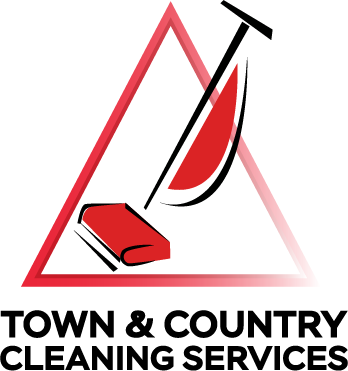 Has a house cleaning company ever caused damage in your home? Has a carpet cleaning company ever caused damage to your rugs? Oriental rugs and upholstered furniture needs special handling during cleaning, just as is necessary for your finest garments. Perhaps you have experienced a sofa losing color after was cleaned or a flokati rug begin shedding and fibers breaking after carpet cleaning? One customer had a marble floor accidentally etched by the use of a slightly acidic cleaning solution!
Has a house cleaning company ever caused damage in your home? Has a carpet cleaning company ever caused damage to your rugs? Oriental rugs and upholstered furniture needs special handling during cleaning, just as is necessary for your finest garments. Perhaps you have experienced a sofa losing color after was cleaned or a flokati rug begin shedding and fibers breaking after carpet cleaning? One customer had a marble floor accidentally etched by the use of a slightly acidic cleaning solution!
Nobody, including the technician and their employer WANTS this to happen to you. One way to protect your home and possessions is to find ways to “check out” the reputations and credibility of companies before they ever enter your home. This is especially important if you are considering hiring an independent or lone worker.
Here are some tips to help prevent common house cleaning nightmares from happening to you:
- Request and check out references for the prospective vendors, especially for similar work
- Third-party verification – are they listed with Angie’s List or a similar ratings service; are they rated by local neighborhood groups; are they certified by a national organization?While none of these can guarantee a no-problem experience for you, they add credibility. A major influencer in the carpet, upholstery and house-cleaning industries is The CleanTrust (formerly the IICRC) which offers certification in all those specialties and more (water restoration, odor control, etc.). The certificates are only awarded after the registrant attends approved courses taught by experienced and approved instructors, and each student must successfully pass the related exam in the specialty. A company who trains multiple employees in this manner may earn the Certified Firm status.
- Request Certificates of Insurance (COIs) – these provide actual evidence of current insurance coverage levels. If the first two steps fail to reassure you about the prospective vendor, this can prove some degree of professionalism and assumption of responsibility on the vendor’s part. Request that the insuring company send you the COI. Do not accept just a copy of one displayed in a promotional notebook – policies can be cancelled or allowed to lapse.
- Check with the Better Business Bureau – you not only want the work done right, you also want assurance that if they had complaints that they dealt with them in a reasonable manner.
- Perhaps consider a smaller, less risky job for them to do on their first entry – especially if you are unable to follow the tips above. That way you can see who they send for the actual work: their demeanor, appearance, and check for the care they use during that time. In any case, we cannot recommend you accepting work from an uninsured vendor – that puts you at risk, especially in the case of an accident involving personal injury. In some cases, a claim has been disallowed leaving the homeowner liable themselves; other occasions have resulted in the cancellation of the homeowner’s policy.

Hey thanks for the useful tips for office cleaning, it will definitely help me to improve my office cleaning techniques. I will wait for your upcoming blogs so i can gain more knowledge from you informative blogs.
Thank you – I hope you will find lots of helpful house cleaning and carpet cleaning information in the future, too. Feel free to ask questions – we will try to answer them if at all possible.
Hi – you can go to our website “contact” page and add your email info there to get our periodic offers and tips sheets and the occasional newsletter. We try to publish our blogs about weekly. Thanks for your interest.
Hi and thanks for the thoughtful comment – you are right – cell phones, computers and other electronic items or appliances
are not appropriate targets for the amateur.
Thanks for the comment — you can sign up on our ‘Contact’ tab to receive the occasional newsletters, tips and offers.
Thanks – thought your comment might have gone to “approval” heaven but I didn’t find it. Thanks for the effort and kind words.